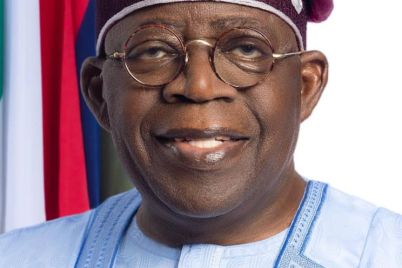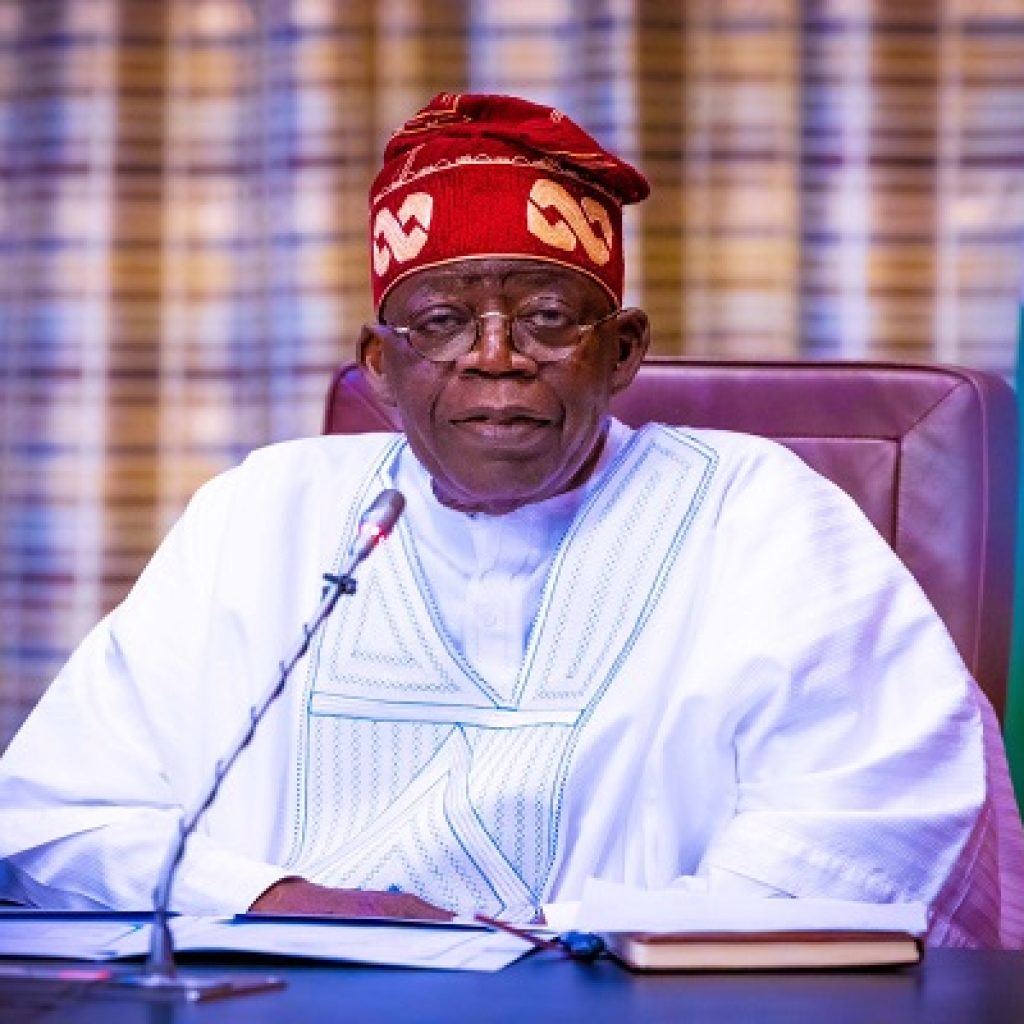
Corruption is often thought of as a problem that mostly affects developing countries, but the truth is all the nations of the world, developed and developing is facing the problem of corruption. It is a global problem that recognises no boundaries and can be unearthed anywhere. Nations after nations are devising, deploying and sustaining legal frameworks, institutions, and capacities to prevent, detect, and prosecute corruption. Fearing that corruption would ‘’doom the party and state’’ China’s Xi Jinpeng went hard on ‘’tigers and files’’, that is corrupt high ranking officials and petty civil servants. Lethal injection is commonly used for ‘’economic crimes’’, such as corruption, while firing squads are used for crimes such as murder.So concerned about growing corruption across the globe, the United Nations General Assembly declared December 9 as ‘World Anti-Corruption Day”
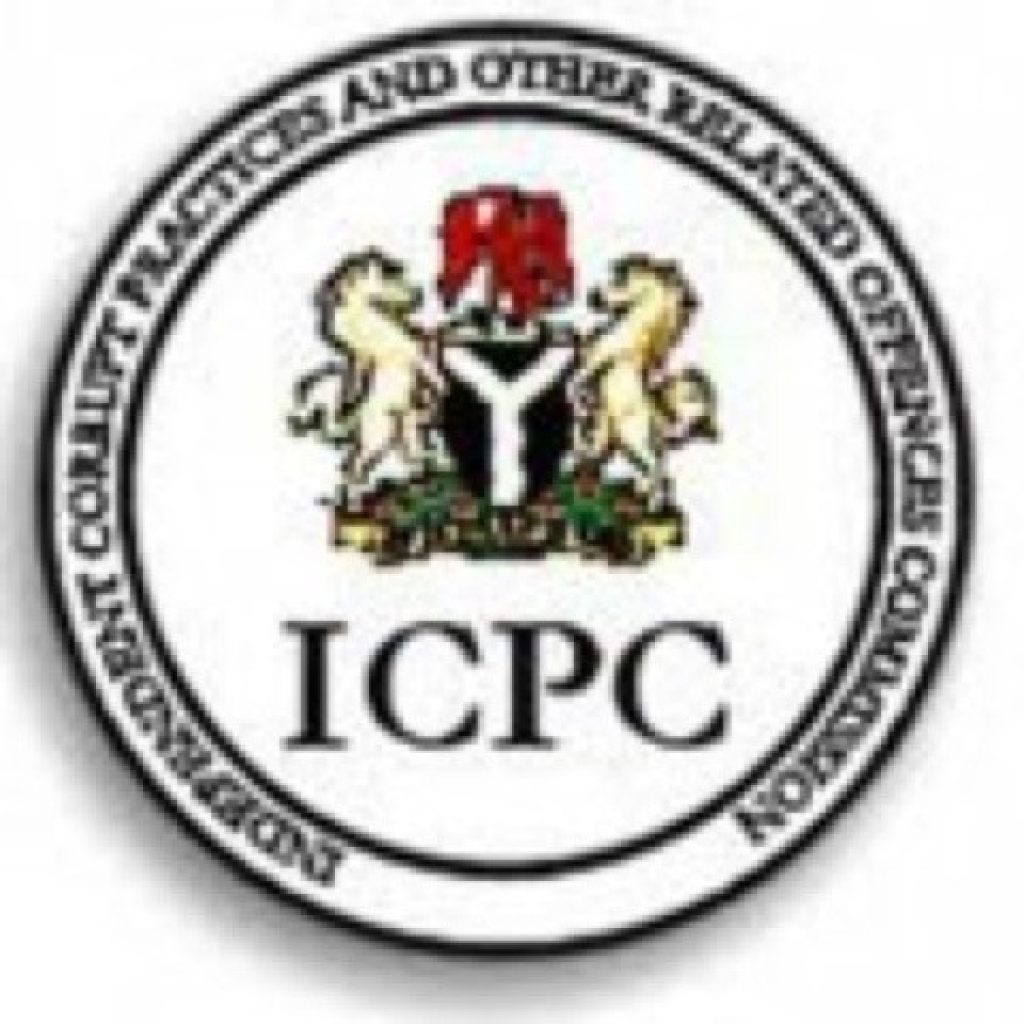
This is aimed at raising awareness of people from every part of the world to the dangers of corruption with a call for international collaboration to tackle and defeat the menace.Corruption is one of the biggest challenges Nigeria is battling at the moment. Transparency International, a global movement working for the eradication of corruption in its 2022 Corruption Perceptions Index rated Nigeria as the 150 least corrupt nation out of 180 countries. It is that bad. This major cause of poverty has permeates through the public and private sectors as well as every level of the Nigerian society. Governance is replete with corruption scandals of unimaginable proportions. No factor in Nigeria nurtures inequality, injustice, poverty, crime, insecurity and other social vices more than corruption. Wrong decisions and weak policies are products of corruption. Through embezzlement, corruption leads to the depletion of our national wealth and undermines political, social and economic development, national prosperity, the environment, people’s health and more
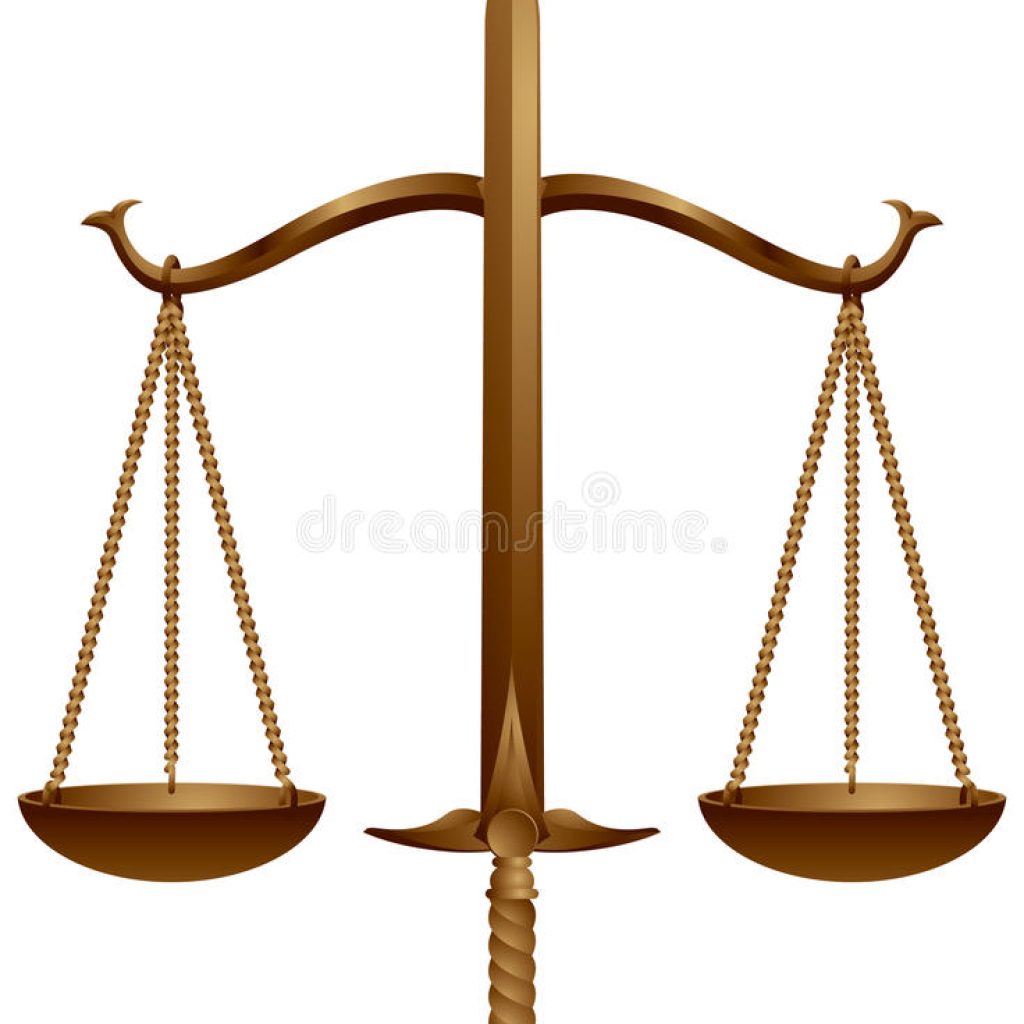

The struggles against corruption and clamour to close the pits where its virus nourishes as well as quest for good governance have been constant, unrelenting, and fierce at some points, though historically chequered. We have witnessed the creation of anti-corruption agencies such as Economic and Financial Crimes Commission (EFCC), Independent Corrupt Practices Commission (ICPC) and implementation of anti-corruption policies since the inception of democratic governance in 1999. Many corrupt politicians, public office holders, oil and bank executives had been arrested and jailed for various crimes and corrupt practices, with billions of naira and properties recovered and forfeited to government.There is a need to take effective measures to curb this most horrible national problem. Legal frameworks, institutions, and structures might not be sufficiently strong or effective enough. There is need for concerted efforts to address corruption more effectively.From my perspective as a professional Estate Surveyor and Valuer, asset declaration could serve as a veritable anti-corruption strategy, though not in its current form where public office holders simply list their assets and place values on them. That to me is procedurally wrong. You don’t just place values on assets. It involves clearly defined processes. How do they arrive at the values placed on the assets? What are the benchmarks used in arriving at the values? For the exercise or the process to be an effective anti-corruption strategy, Code of Conduct Bureau, the government agency mandated to establish and maintain a high standard of public morality in the conduct of government business and to ensure that the actions of public officers conform to the highest standard of public morality should ensure that assets declaration are done in active , with Estate Surveyors and Valuers who are trained and empowered by law to place value on assets. Valuation of the declared assets to verify and determine their present or current worth ought to be a mandatory prerequisite.
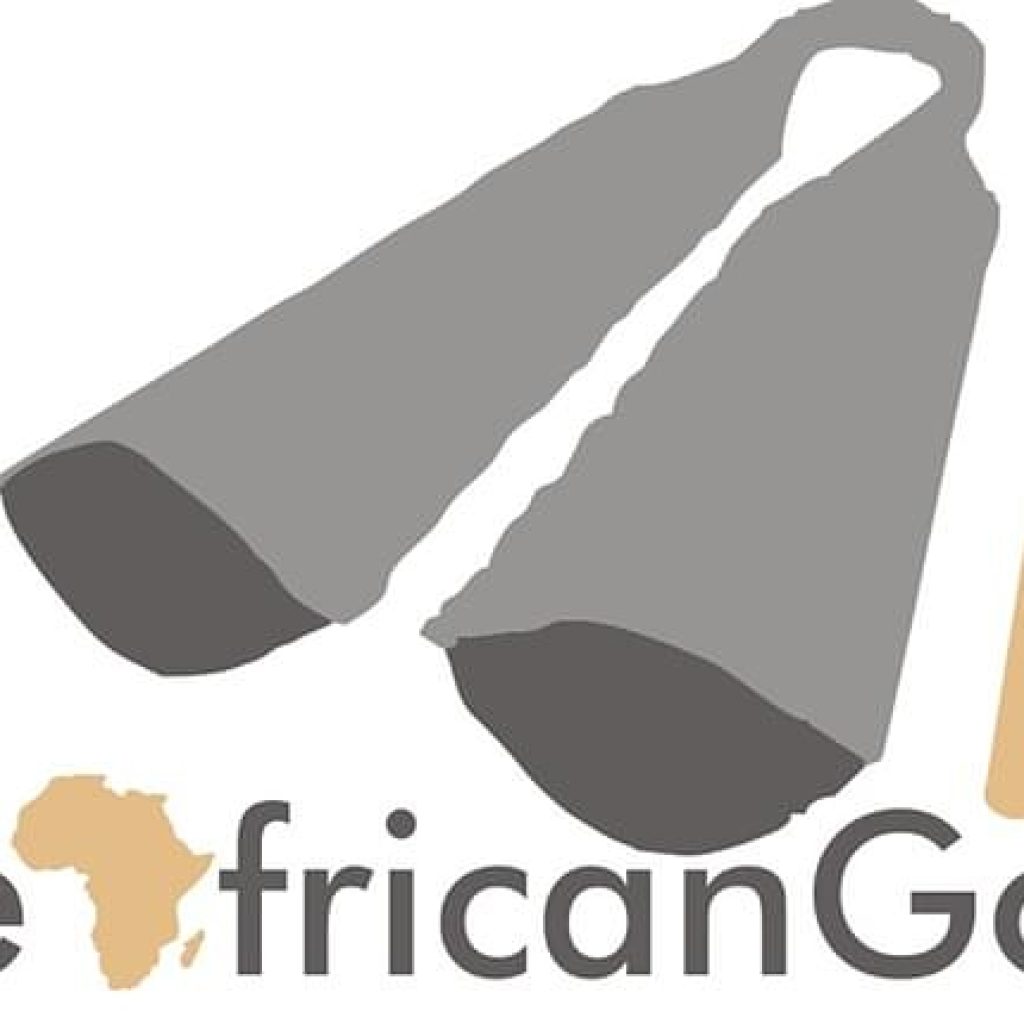
This is how the exercise would have meaningful impact, and failure to do this significantly undermines the process. This would help to curtail discrepancies in the assets declared and corruption through under declaration or over acquisition of assets by public officers.Code of Conduct Bureau should in addition ensure publication of assets declared and unhindered access to any person who seeks for information concerning any declared assets of public servants. Violators of the procedure should not be spared by law. By the time this is institutionalized, corruption would have been effectively crippled.ESV Ojuko Aderemi Abiola is an Abuja based Estate Surveyor & Valuer

